Top Open Access Books of 2022 so far
Open Access books have been leading the way in 2022. These are the top 10 titles that were the most used in the first half of 2022.
Top 10 Books by usage
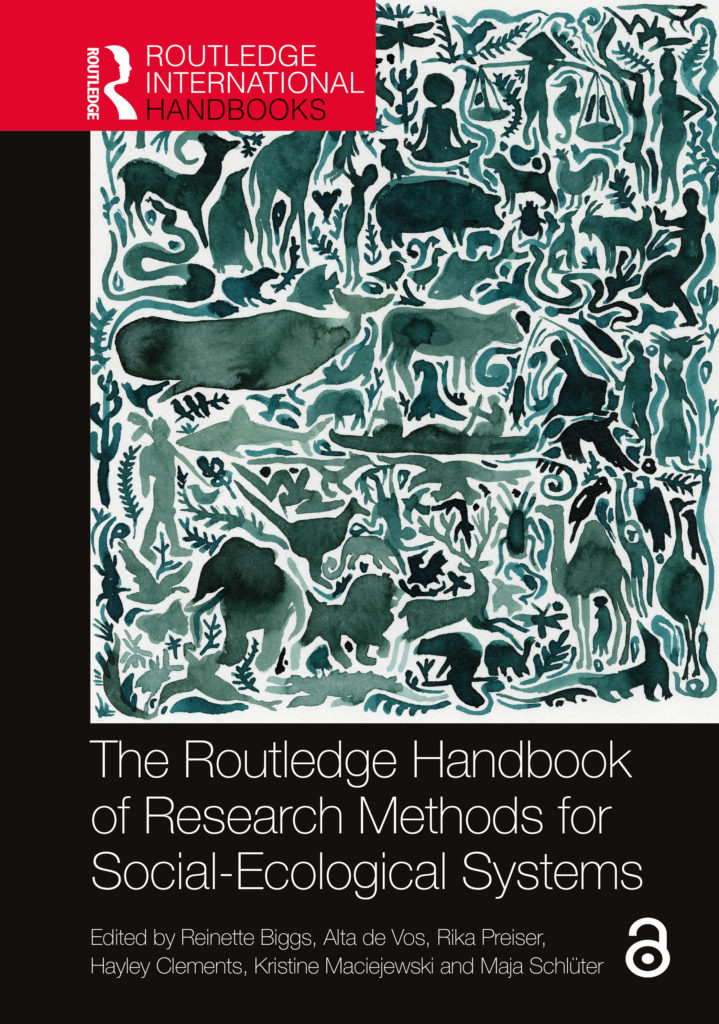
The Routledge Handbook of Research Methods for Social-Ecological Systems
Each chapter discusses the types of SES questions to which the particular methods are suited and the potential resources and skills required for their implementation, and provides practical examples of the application of the methods. .
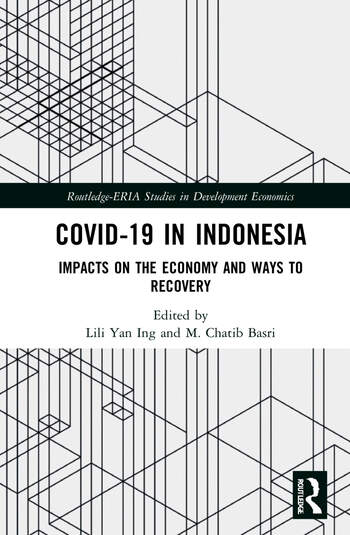
This book assesses the impacts of COVID-19 on the Indonesian economy, particularly on employment, education, poverty, trade, and macroeconomy.
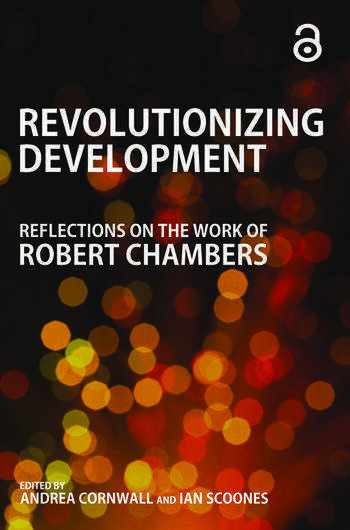
This book tells the story of development studies in practice over the last fifty years through the work of one remarkable individual, Robert Chambers. His work has taken him from being a colonial officer in Kenya through training and managing large rural development projects to a fundamental critique of top-down development and the championing of participatory approaches.
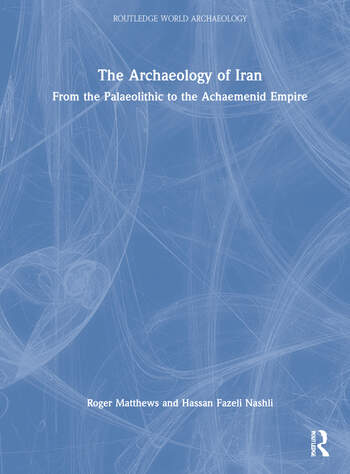
The Archaeology of Iran from the Palaeolithic to the Achaemenid Empire
Focuses on medium-sized European cities The Archaeology of Iran from the Palaeolithic to the Archaemenid Empire is the first modern academic study to provide a synthetic, diachronic analysis of the archaeology and early history of all of Iran from the Palaeolithic period to the end of the Achaemenid Empire at 330 BC.

Archaeological 3D GIS provides archaeologists with a guide to explore and understand the unprecedented opportunities for collecting, visualising, and analysing archaeological datasets in three dimensions.
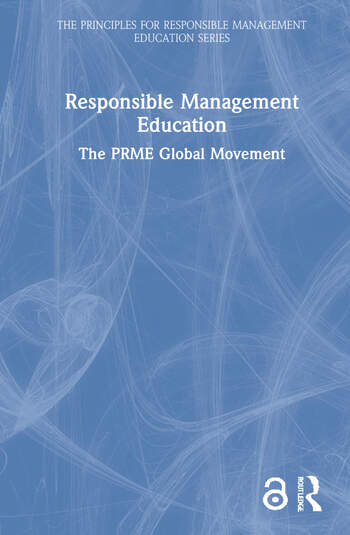
Responsible Management Education
This book serves as a concrete source of inspiration for universities and other stakeholders in higher education on structures, processes and content for how to advance responsible management education and sustainable development. It articulates the importance of key themes connected with climate change, gender equality, anti-corruption, business for peace, anti-poverty and other topics that are related to the Sustainable Development Goals (SDGs).
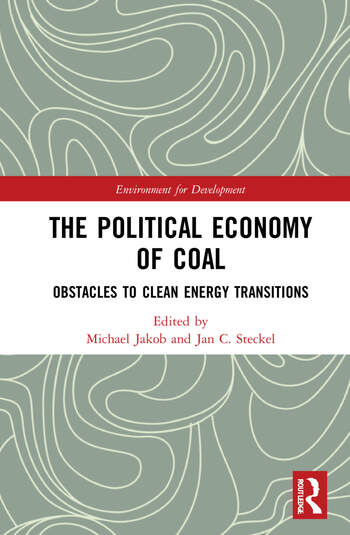
Coal is the largest source of greenhouse gas emissions globally, accounting for about 40 percent of energy-related CO2 emissions. Continued construction of coal-fired power plants could make the climate targets of the Paris Agreement infeasible to achieve. In spite of sharply declining costs for renewable energy sources, many countries still heavily rely on coal to meet their energy demand.
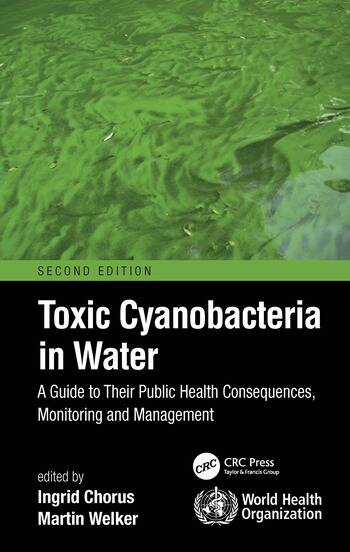
Cyanobacterial toxins are among the hazardous substances most widely found in water. They occur naturally, but concentrations hazardous to human health are usually due to human activity. Therefore, to protect human health, managing lakes, reservoirs and rivers to prevent cyanobacterial blooms is critical.
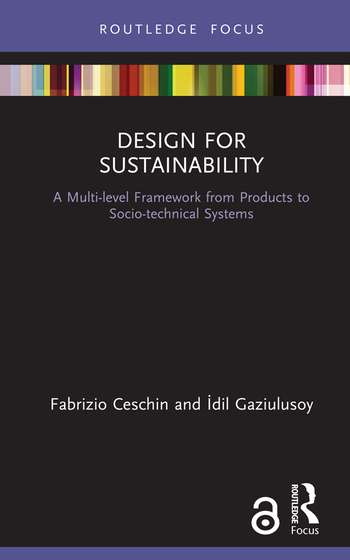
This book discusses the most significant ways in which design has been applied to sustainability challenges using an evolutionary perspective. It puts forward an innovation framework that is capable of coherently integrating multiple design for sustainability (DfS) approaches developed so far.
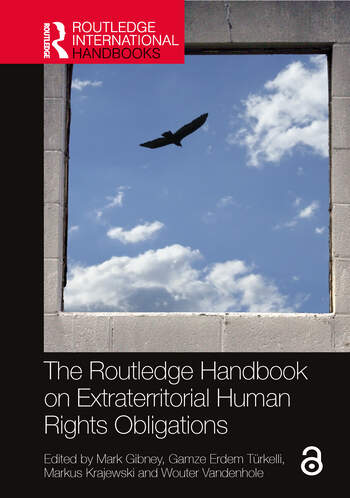
The Routledge Handbook on Extraterritorial Human Rights Obligations
Each chapter combines a thorough analysis of a particular issue area and provides a forward-looking perspective of how extraterritorial human rights obligations (ETOs) might come to be more fully recognized, outlining shortcomings but also best state practices.
Learn about open access books
Open Access Books and Chapters
Discover the flexibility of our Books Open Access Memberships
Why choose open access?
Read what our authors have to say.
“My co-editor Serena Giusti and I, we had the opportunity to make our book available for free and we thought that this could be a helpful resource for students and young researchers who might be interested in the topic! Also, we hoped to reach journalists and professionals who are not familiar with academic books.”
Kelly-Ann created a thread on twitter, below is a snippet of what she said:
“Building Better Schools, a free-to-use resource for schools & educational researchers made it in the #Top10 #openaccess books of 2021. Publishing open access was a strategic & essential decision for us. We chose to publish #openaccess because we wanted #BuildingBetterSchools to be used and shared.
We wanted as many schools as possible to benefit from the resource & the expertise of the 72 contributors.”